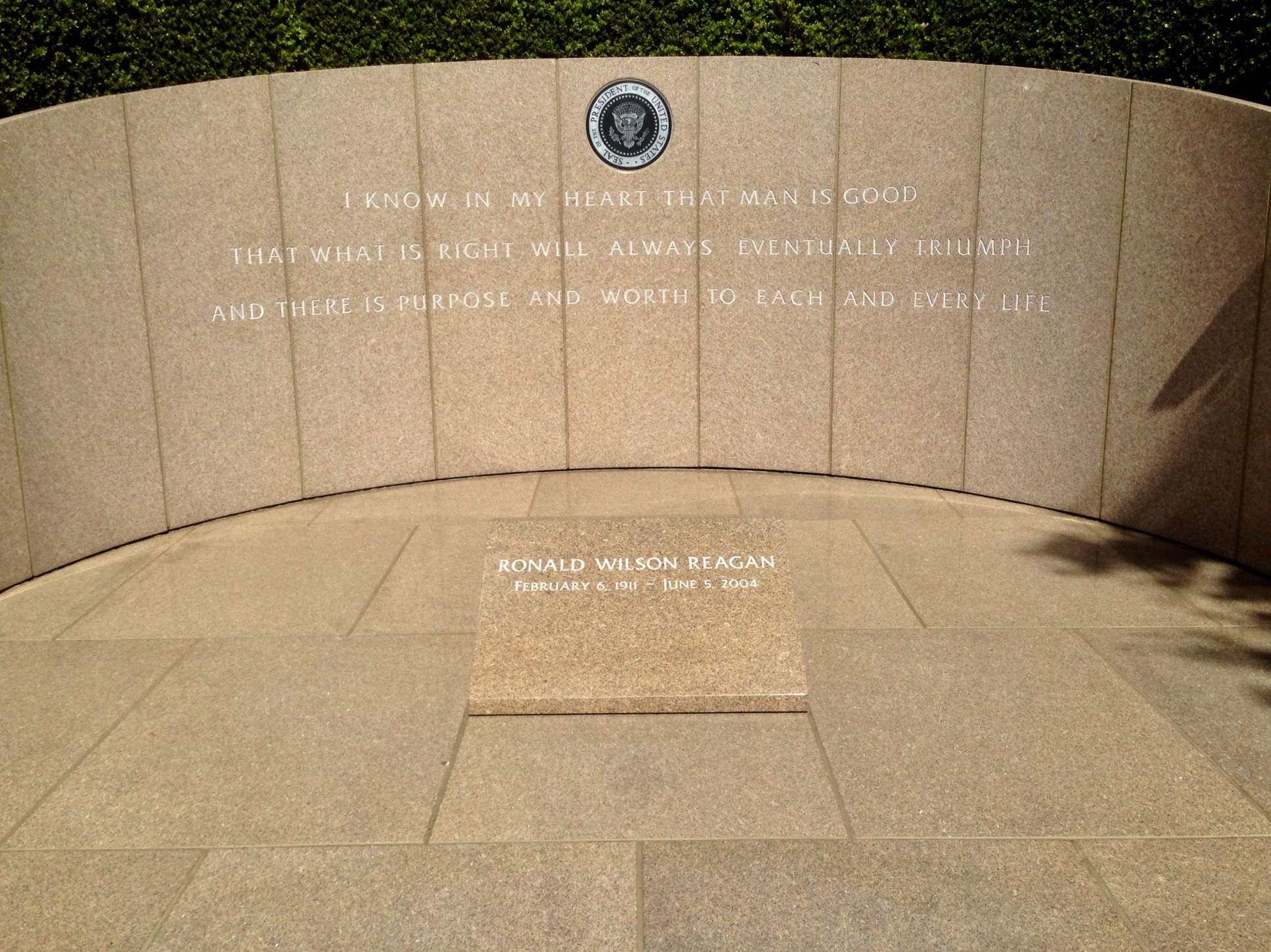
“Too soon!” That was a standard response to my criticisms of John McCain following his death.
My cartoon and social media posts reminded readers that McCain had volunteered to bomb innocent civilians in an illegal war of aggression to prop up a corrupt and reviled regime at the time of his capture. The real heroes of the Vietnam War were the tens of thousands of draft dodgers forced to give up their lives to flee to Canada and the many conscripted veterans who came home appalled by what they saw and did and spent the rest of their lives fighting for peace.
McCain, on the other hand, learned nothing from his experience. He never met a war — or a possible war — he didn’t like. McCain voted for war against Afghanistan and Iraq. He criticized Bill Clinton for limiting his war against Kosovo to airstrikes; he wanted ground troops too. He supported arming the Islamist jihadis in Syria and Libya, expanding the civil wars there. He threatened war against Iran. He sabre-rattled against Russia. North Korea and even China were in this deranged right winger’s sights.
These were not minor failings in an otherwise distinguished life. They were defining acts that erased the myths on which McCain built his career — his military service and his “maverick” persona. The war he fought in was disgusting and now widely considered a mistake. McCain was a run-of-the-mill right-wing Republican warmonger. His straight-talk shtick was fake as hell.
Media accounts sanitized the myriad of very bad things McCain did throughout his life. So I did my part to help counter the tsunami of BS.
“Do not speak ill of the dead.” This dictum, attributed to the 6th century BCE philosopher Chilon of Sparta, may be appropriate at your uncle’s funeral; who wants to hear that the dead man’s widow discovered foot-fetish websites in his browser history?
Public figures are different.
In cartoons and the written word I have attempted to counter the fulsome praise that followed the deaths of people like Ronald Reagan. I wasn’t trying to be mean to Nancy Reagan. Though I doubt she read my work.
Reagan hurt and killed a lot of people. As much as Reagan’s admirers didn’t enjoy my reminders that he (we believed at the time) murdered Moammar Gaddafi’s daughter or that he didn’t care about victims of HIV-AIDS, Americans who lost friends and relatives to the “gay plague” deserved to be acknowledged in assessments of Reagan’s life and legacy. The media pretended Reagan’s crimes never happened. I corrected the record.
The “too soon” and “can’t you wait until the body is cold?” arguments fall flat. What better time to point out and discuss a dead leader’s flaws than the time immediately following their death? That’s when obituaries appear, the eulogies are said and the nation is focused on the issues and policies they affected and effected. A few weeks later, no one cares.
Presumably referring to himself, former president Theodore Roosevelt argued in a 1910 speech that men of action — those “in the arena” — matter and their critics do not.
“It is not the critic who counts; not the man who points out how the strong man stumbles, or where the doer of deeds could have done them better,” Roosevelt said. “The credit belongs to the man who is actually in the arena, whose face is marred by dust and sweat and blood; who strives valiantly; who errs, who comes short again and again, because there is no effort without error and shortcoming; but who does actually strive to do the deeds; who knows great enthusiasms, the great devotions; who spends himself in a worthy cause; who at the best knows in the end the triumph of high achievement, and who at the worst, if he fails, at least fails while daring greatly, so that his place shall never be with those cold and timid souls who neither know victory nor defeat.”
Soaring oratory! But self-serving and obsolete.
If effort and taking chances is all that matters when assessing a person’s life, the firefighter who enters a burning house to save a baby has no more worth than the serial killer who sneaks inside to kill it. Hitler and Stalin and Osama bin Laden all had grand visions they strove valiantly to turn into reality. They were daring. They achieved. They counted, but so what?
These days it’s the “timid souls” who stand aside, keeping mum while the mass media wallows in sordid orgies of mawkish praise for problematic figures like Reagan and McCain. Adding perspective and nuance to assessments of mass adulation requires courage. In this age of relentless propaganda and unmitigated BS, the critic is in the arena just as much as a dead senator.
(Ted Rall (Twitter: @tedrall), the political cartoonist, columnist and graphic novelist, is the author of “Francis: The People’s Pope.” You can support Ted’s hard-hitting political cartoons and columns and see his work first by sponsoring his work on Patreon.)
